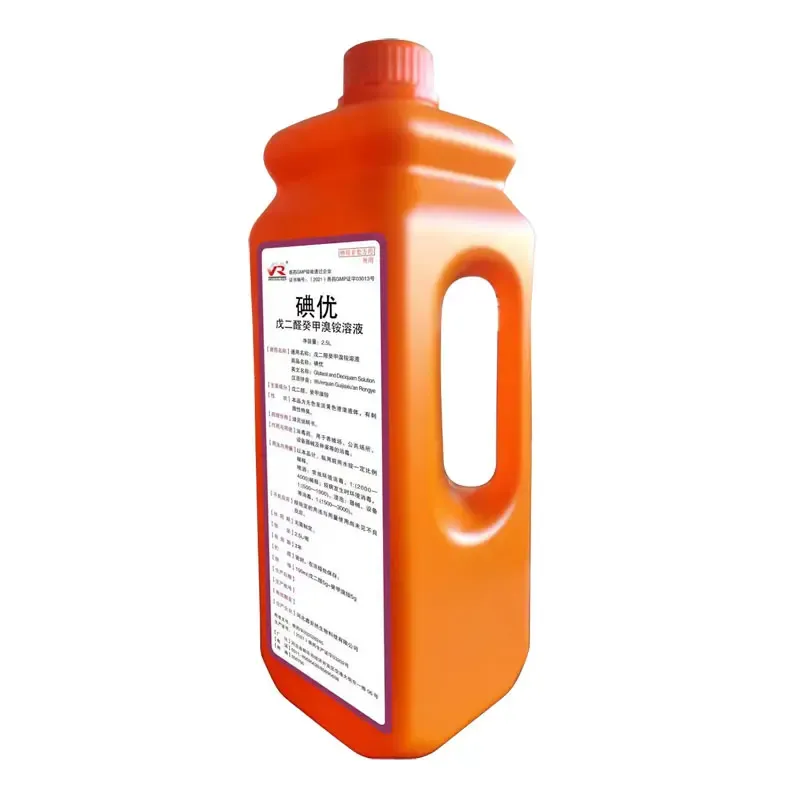- Afrikaans
- Albanian
- Amharic
- Arabic
- Armenian
- Azerbaijani
- Basque
- Belarusian
- Bengali
- Bosnian
- Bulgarian
- Catalan
- Cebuano
- Corsican
- Croatian
- Czech
- Danish
- Dutch
- English
- Esperanto
- Estonian
- Finnish
- French
- Frisian
- Galician
- Georgian
- German
- Greek
- Gujarati
- Haitian Creole
- hausa
- hawaiian
- Hebrew
- Hindi
- Miao
- Hungarian
- Icelandic
- igbo
- Indonesian
- irish
- Italian
- Japanese
- Javanese
- Kannada
- kazakh
- Khmer
- Rwandese
- Korean
- Kurdish
- Kyrgyz
- Lao
- Latin
- Latvian
- Lithuanian
- Luxembourgish
- Macedonian
- Malgashi
- Malay
- Malayalam
- Maltese
- Maori
- Marathi
- Mongolian
- Myanmar
- Nepali
- Norwegian
- Norwegian
- Occitan
- Pashto
- Persian
- Polish
- Portuguese
- Punjabi
- Romanian
- Russian
- Samoan
- Scottish Gaelic
- Serbian
- Sesotho
- Shona
- Sindhi
- Sinhala
- Slovak
- Slovenian
- Somali
- Spanish
- Sundanese
- Swahili
- Swedish
- Tagalog
- Tajik
- Tamil
- Tatar
- Telugu
- Thai
- Turkish
- Turkmen
- Ukrainian
- Urdu
- Uighur
- Uzbek
- Vietnamese
- Welsh
- Bantu
- Yiddish
- Yoruba
- Zulu
7 月 . 25, 2024 04:40 Back to list
Gentamicin Sulfate 0.1 for Treating Bacterial Infections in Clinical Settings and Applications
Gentamicin Sulfate 0.1% An Overview
Gentamicin sulfate is an aminoglycoside antibiotic that is widely used in various medical fields due to its potent antibacterial properties. The formulation of gentamicin sulfate at a concentration of 0.1% is particularly significant in clinical settings. This article will discuss the uses, administration, efficacy, and safety of gentamicin sulfate 0.1%.
Mechanism of Action
Gentamicin works by inhibiting bacterial protein synthesis. It binds to the 30S ribosomal subunit of susceptible bacteria, causing misreading of mRNA. This results in defective proteins, ultimately leading to bacterial cell death. Gentamicin is effective against a broad spectrum of gram-negative bacteria, including Pseudomonas aeruginosa and Escherichia coli. It also exhibits some activity against certain gram-positive organisms, particularly when used in combination with other antibiotics.
Uses in Clinical Practice
Gentamicin sulfate 0.1% is used in various therapeutic applications. It is commonly utilized in the treatment of infections caused by susceptible microorganisms, particularly in ocular formulations. Eye drops or ointments containing gentamicin sulfate are frequently prescribed for bacterial conjunctivitis and other eye infections. The concentration of 0.1% is optimal for providing both efficacy and safety, ensuring that the drug is effective against bacteria while minimizing potential side effects.
In addition to ocular applications, gentamicin sulfate may be administered parenterally or topically for other types of infections, including urinary tract infections and skin infections. In cases where systemic therapy is required, gentamicin may be used in combination with other antibiotics to enhance therapeutic outcomes.
Administration and Dosage
gentamicin sulfate 0.1

Gentamicin sulfate 0.1% is most commonly found in eye drops. The standard dosage for ocular infections typically involves instilling one or two drops into the affected eye(s) every four to six hours, depending on the severity of the infection. For other forms of administration, such as injections or topical applications, the specific dosage may vary based on the nature of the infection, the patient’s age, renal function, and other comorbidities.
It is crucial for healthcare providers to evaluate patients before prescribing gentamicin sulfate, considering factors such as previous drug allergies and potential interactions with other medications. Owing to the risk of nephrotoxicity and ototoxicity associated with aminoglycosides, regular monitoring of kidney function and auditory function is often warranted, especially in long-term treatments.
Efficacy and Safety
Gentamicin sulfate has proven efficacy in treating bacterial infections, particularly those caused by gram-negative bacteria. Clinical studies have demonstrated that gentamicin is effective in achieving therapeutic outcomes in various infections, leading to its widespread use.
However, safety concerns must be taken into account. While gentamicin sulfate is generally well tolerated, adverse effects may occur. Common side effects associated with topical ophthalmic formulations include local irritation, burning, and redness. Systemic administration may lead to more serious side effects, such as nephrotoxicity and ototoxicity, highlighting the importance of appropriate patient monitoring.
Conclusion
Gentamicin sulfate 0.1% remains a valuable tool in the antibiotic arsenal against bacterial infections. Its effectiveness, especially in ocular applications, coupled with a generally favorable safety profile, makes it a preferred choice for treating various infections. However, the need for careful patient monitoring and awareness of potential side effects cannot be overstated. As antibiotic resistance continues to pose a significant threat to public health, the responsible use of gentamicin and other antibiotics will be essential in the ongoing battle against infectious diseases.
-
The Power of Radix Isatidis Extract for Your Health and Wellness
NewsOct.29,2024
-
Neomycin Sulfate Soluble Powder: A Versatile Solution for Pet Health
NewsOct.29,2024
-
Lincomycin Hydrochloride Soluble Powder – The Essential Solution
NewsOct.29,2024
-
Garamycin Gentamicin Sulfate for Effective Infection Control
NewsOct.29,2024
-
Doxycycline Hyclate Soluble Powder: Your Antibiotic Needs
NewsOct.29,2024
-
Tilmicosin Premix: The Ultimate Solution for Poultry Health
NewsOct.29,2024













